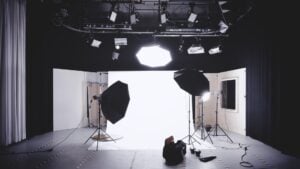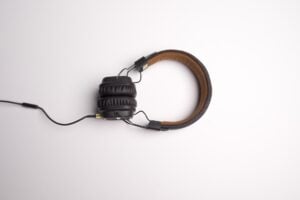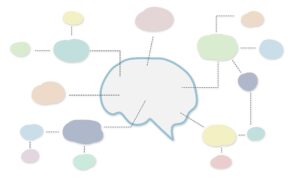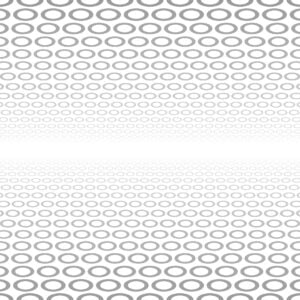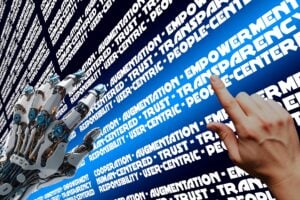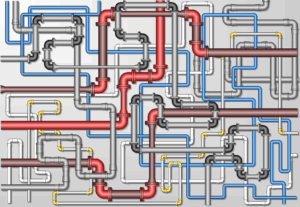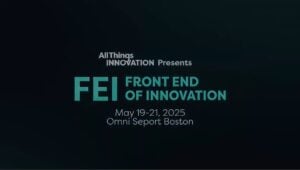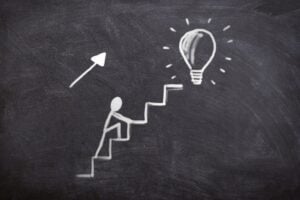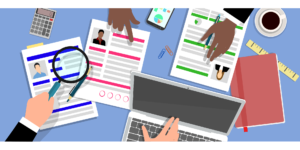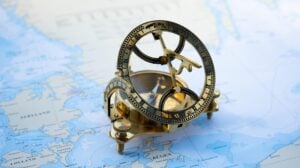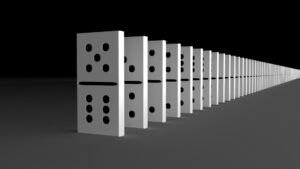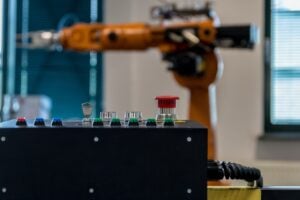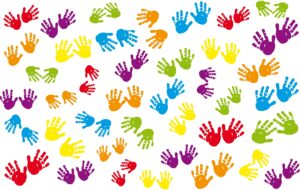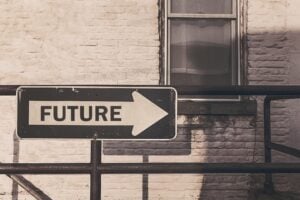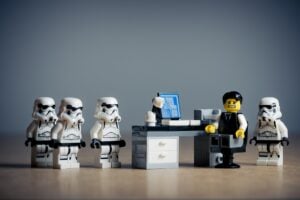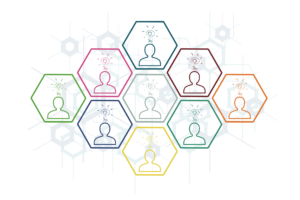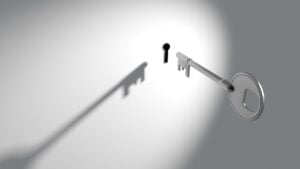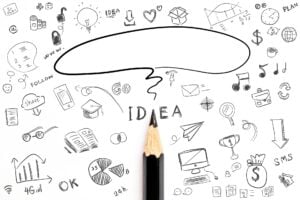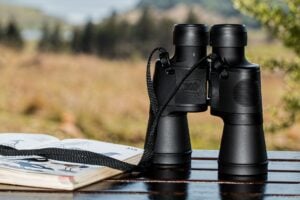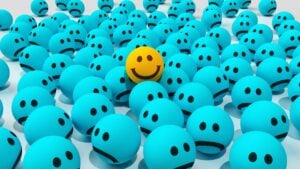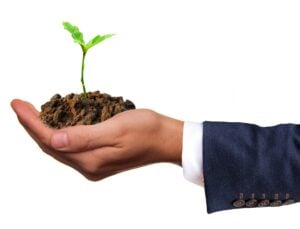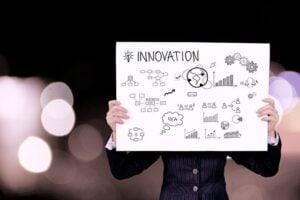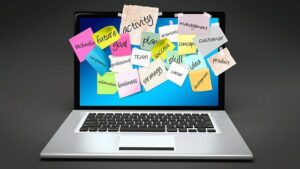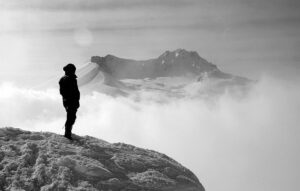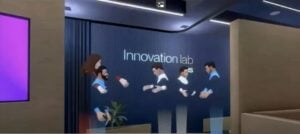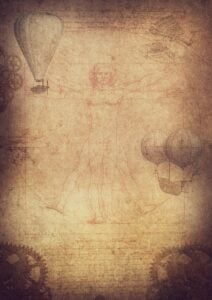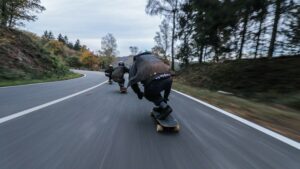This series delves into the pivotal moments that transformed professional paths in the past, present and future. Through these personal reflections, we aim to uncover the hidden connections between past experiences and future innovations, revealing how yesterday’s lessons become tomorrow’s breakthroughs. Their answers might just help shape your own innovation journey forward.
Women Making an Impact on Innovation
“One of the most defining choices in my career has been consistently taking on roles that pushed me beyond my comfort zone. Working in R&D, knowledge is often specialized—what works in one technology or category doesn’t overtly transfer onto another —this meant stepping into unfamiliar spaces, sometimes as an outsider, and challenging deeply rooted ways of thinking. These experiences taught me the value of vulnerability and the strength that comes from bringing a fresh lens. I discovered that innovation doesn’t always come from knowing the answers—it often comes from asking different questions. As I look to the next era of innovation, I carry with me the confidence that comes from embracing the unknown and the belief that real progress happens when we challenge ourselves and others.” —Kristina Perlas, R&D Superiority COE Lead, The Clorox Company
“My thirteen years in the film industry became the unexpected foundation for my career in technology innovation. On set, I learned countless leadership and organizational skills, but more importantly, I developed the creative confidence to tackle problems I’d never encountered before, which is an essential trait for innovation work. Whether securing a decommissioned aircraft carrier for a Kleenex commercial or convincing an airport to reroute flights to reduce on set noise, these high-stakes, unconventional challenges taught me that seemingly impossible problems often have creative solutions, and that shaped my career.
What I carry forward from those experiences is relentless curiosity about how things work and what’s possible. Most breakthrough innovations come from understanding the deeper mechanics of why things function as they do, then finding ways to disrupt or transform them. When you’re challenging the status quo, you’ll inevitably face resistance and ambiguity. Without maintaining that heightened curiosity about the root causes of these obstacles, you’ll struggle to address them constructively—and your innovations won’t stick.” —Leslie Grandy, Lead Executive in Residence, University of Washington – Michael G. Foster School of Business
“When I think about what has shaped my career, I always come back to the role of great mentors. The best ones helped me see what was possible, challenged me to grow, pushed me beyond my comfort zone, and supported me through the moments when I doubted myself. What I carry forward is the responsibility to do the same for others. Supporting people in finding their voice, stretching their thinking, and believing in their potential creates a ripple effect with the ideas they bring into the world.” —Lisa Costello, VP, Innovation and Growth, Prologis
“One thing that has shaped my career is learning to be resilient in ambiguity. Working across geographies and industries, I’ve often had to step into unfamiliar contexts, adapt quickly, and find ways to contribute meaningfully. Each transition reinforced that ambiguity isn’t a barrier. Rather, it’s a space where new possibilities take shape.
Looking ahead, the one thing I carry into the next era of innovation is the belief that embracing uncertainty is itself a competency. The future will only become more unpredictable, and our ability to thrive will depend on how comfortable we are in navigating the unknown. One of the most human ways to build this competency is by getting better at asking questions. Because the right questions open up clarity, direction, and opportunity where none seem to exist.” —Prapti Jha, Innovation Strategist, We Speak Innovation
“It’s odd to say, but one of the most important things that shaped my career was winning on Jeopardy! when I was in my late twenties. Doing that gave me a very public validation that I was actually an intelligent person who could hold my own against anyone else. This affected my career not because I had done well on a game show; this affected my career because it gave me self-confidence at a young age, which then gave me the courage to speak up at work and to advance my own ideas without waiting for other people to give me permission. If I could wave a magic wand and change one thing for every young woman in the world, it would be to grant them all this self-confidence, and to wipe away all of the self-deprecation and feelings of impostorhood that too many women are burdened by, particularly at the start of their careers.
What I’m carrying with me into this next round of innovation is, as always, curiosity and the desire to learn, coupled with a relentless optimism and determination to take actions myself to make sure that these new technologies, whatever they are, develop in ways that are positive to humanity. One of my stated targets at work is to go through some kind of new technology training every month, so my ability/capacity to learn is something I’m literally measured against in my job, and to help drive new technologies into ways that serve humanity instead of destroying it. I’ve joined a couple of nonprofits that have that as their goals.” —Leslie Shannon, Head of Trend & Innovation Scouting, Nokia
“When I look at my career, one short conversation with a senior leader shaped everything. She told me: ‘Always think of yourself as an independent consultant, no matter what role you have or where you work. Each year ask: what new skills or experience could I charge more for?’ I later wrote about this in a column for All Things Innovation — Layoff-Proof Your Career: The Consultant Mindset. That perspective, which I call the Consultant Mindset, has guided me throughout my career. It shifted my locus of control inward, pushed me to refresh my skills every 12 months, and taught me to treat learning as a lifelong practice.
Looking to the next era of innovation, the one thing I’ll carry forward is that mindset. In our fast-changing fields, relevancy doesn’t come from degrees or titles; it comes from the skills and value you deliberately build each year. The Consultant Mindset provides confidence in uncertain times and creates opportunities where none existed. In short: control what you can, keep learning, and always increase the value you bring. That’s how I plan to thrive in the next era of innovation.” —Gail Martino, Innovation Consultant, Leapfrog Advisory
“One thing that shaped me in my career was my fear of staying stagnant wherever I am. The moment I felt stagnant in my career with day-to-day work, where over a period of time I felt I wasn’t learning something new or not evolving, I would always look for ways to change that to something that makes me feel more curious and excited. Of course, there are going to be times where one might not know how to change that, but starting small towards a big change has always helped me spark that curiosity in me. That one thing that I carry with me to the next era of innovation is starting with something small, that feels different, new and creates excitement and change towards a bigger change that I’m aspiring towards. That change can be anything, for example, be it stepping into a new role at work, changing my methods to conduct work meetings or perhaps the way I talk and approach people.” —Divya Harpalani, formerly Product Manager, B&H Photo
Video: “Leena Nair, Global CEO, Chanel,” courtesy of Stanford Graduate School of Business.
Contributor
-

Matthew Kramer is the Digital Editor for All Things Insights & All Things Innovation. He has over 20 years of experience working in publishing and media companies, on a variety of business-to-business publications, websites and trade shows.
View all posts














